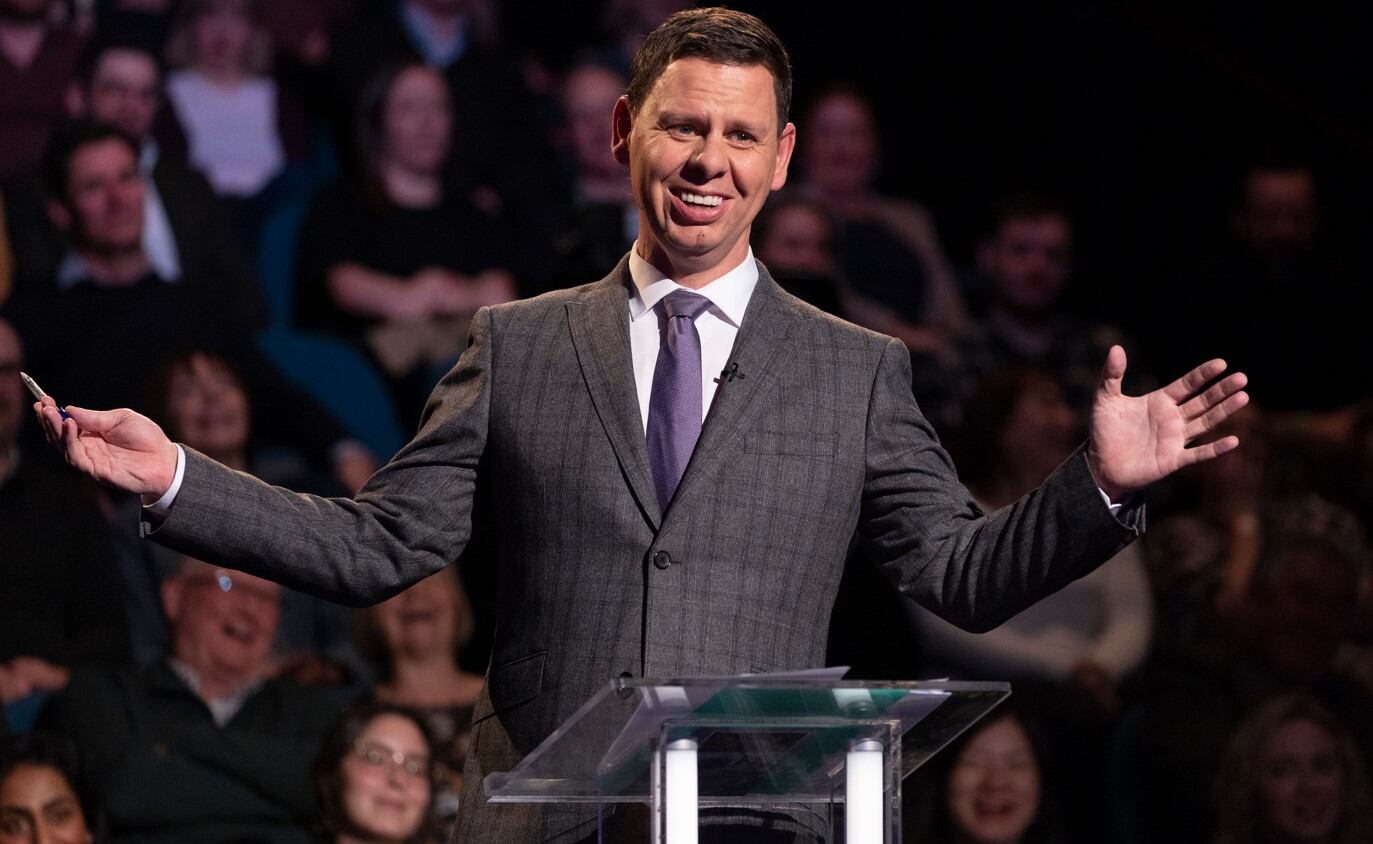
PADDY GOWER: OLD WHITE MEN ARE SCARED OF MāORI UPRISING, AND WHY NEW ZEALANDERS CAN’T GET SUCKED INTO A POLITICAL RACE DEBATE
Veteran political journalist Paddy Gower says the rapidly changing demographics of New Zealand are scaring the white baby-boomer population born in the 1950s and 60s.
Latest Census data shows the Māori population at nearly a million of the country’s 5.3 million total — and other non-white ethnicities such as Asians and Pasifika peoples also rapidly increasing.
Gower, a Newshub journalist and social commentator, said New Zealand faced a “huge division over race relations” and he’s hoping “good, average New Zealanders won’t get sucked into the political rhetoric”.
“What concerns me is the huge amount of division we have over race relations,” Gower told the Herald.
“Race relations has been a part of my 47 years on this Earth, but at the moment it appears to be more divided than ever in terms of the disparity on the Pākehā and Māori sides. The gap between the two is quite distant.”
Gower said throughout New Zealand history, race relations had simmered along and released like a genie in a bottle, but most times common sense prevailed and New Zealanders would look at bigger-picture issues like the cost of living, rather than whether they felt aggrieved that a government department had a Māori name.
Gower said political agendas were being pushed by the right via the Act Party, and equally from the left “radical” pushback from Te Pāti Māori.
“We now know one in five New Zealanders in this country are Māori,” Gower said. “And they are young and making up more of New Zealand.
“Let’s face it, these pākehā baby boomers hold a lot of the power in this country, a lot of the sway, and a lot of the debate — and they’re the ones that go out and vote. And that’s where a lot of these views sit, you know? Old white men are scared of what’s coming.
“These people are worried about things they don’t need to be worried about. They are worried about silly things like if the name should be NZ Transport Agency rather than Waka Kotahi.
“We are having debates we don’t need to have around race relations because it’s so divided and in my opinion is holding New Zealand back.
“If we fight over this — and I’m including some of the comments from Te Pāti Māori who have become increasingly radical over the past few years.
“I was in Parliament when Tariana [Turia] and Pita Sharples were MPs. The talk has certainly changed since then.”
Gower says New Zealand could be a more powerful nation if racial differences were either embraced, or not worried about at all.
“We are going backwards,” Gower said.
“From my years as a political journalist, it appears the National Party are being pushed a lot further in this direction than they want to be.
“Traditionally, National would say something on the election campaign or the town hall with a lot of Pākehā baby boomers, but put it on the back burner once in power.
“But, with the rise of Act and the awkward coalition with Winston Peters, National have been pushed further than they would like to be.”
“Add to that the renewed vigour by Te Pāti Māori who want to push out their own waka and we have this almost cauldron-like situation.”
Gower said average Kiwis didn’t want to scrap with one another over race relations.
“The average Kiwi wants to solve the cost of living, wants inflation to come down. The average Kiwi wants Razor Robertson to do well with the All Blacks and wants New Zealanders winning medals at the Olympics and they don’t care if they are Māori, Asian, Pākehā — as long as they are Kiwis,” he said.
“Average Kiwis do not walk around saying I want to have a big scrap about race relations. I feel we are getting sucked into this race relations fight not many people want.”
Gower said the solution was: “Don’t get goaded into these political rows. It’s not going to get us anywhere.”
Joseph Los’e is an award-winning journalist and joined NZME in 2022 as kaupapa Māori Editor. Los’e was a chief reporter, news director at the Sunday News newspaper covering crime, justice and sport. He was also editor of the NZ Truth and, prior to joining NZME, worked for urban Māori organisation Whānau Waipareira.
2024-07-01T00:32:16Z dg43tfdfdgfd